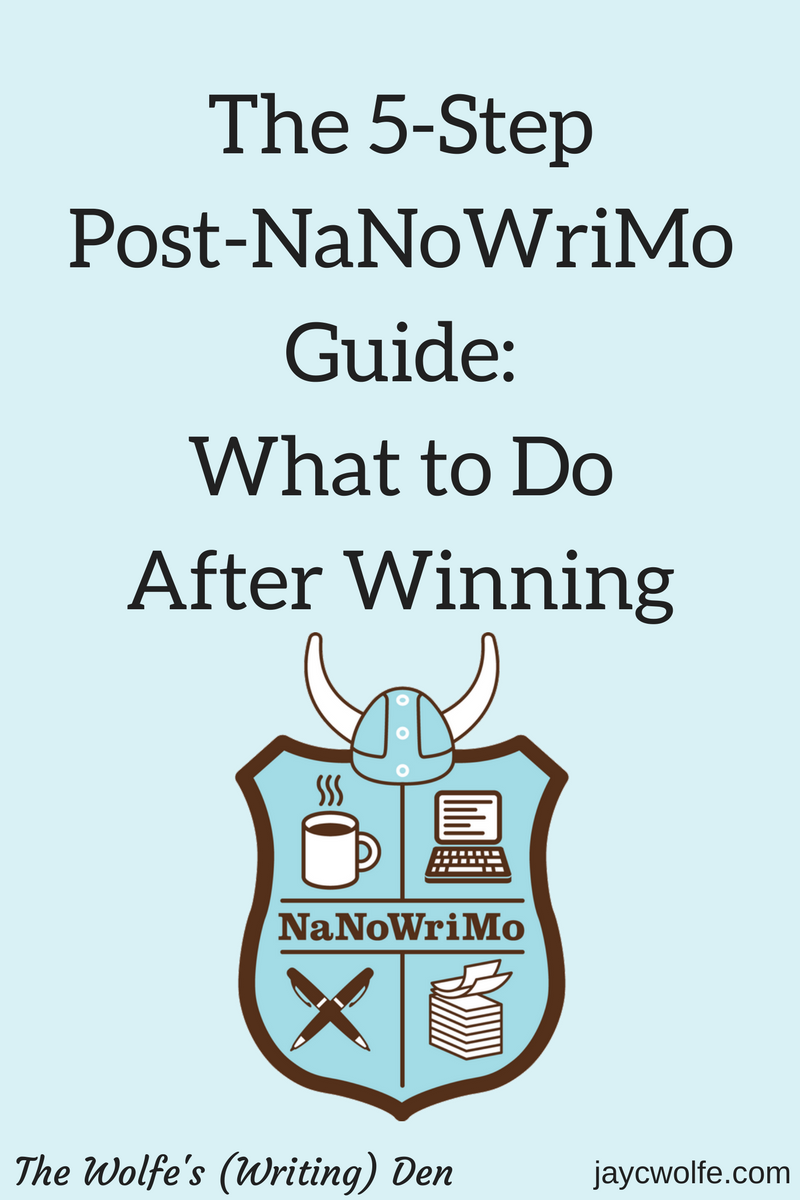Word of the Week: Augur
Word: augur
Pronunciation: AW-ɡər
Part of Speech: verb
Definition: (of an event or circumstance) portend a good or bad outcome
Source: Oxford Dictionaries
Here’s an interesting word I found while searching for a synonym for “foreshadow”. You may recognize today’s Word of the Week as part of another more familiar word (which I featured in this segment earlier this year), though their meanings are considerably different. While it’s not exactly common, I’m sure we could all find a use for this word now and then; in such an unpredictable world, the least we can hope for is to determine if current events will “augur” well or badly for the future!
To “augur” is to foreshadow a good or bad outcome. The word arose in late Middle English and is originally a Latin noun meaning “diviner”. This noun’s origin is uncertain, but it’s related to the verb augurare, which means “to predict”.
When used in its primary sense, “augur” should be followed by an adverb describing the predicted outcome (e.g. to “augur well” or “augur badly”), though it can also be followed by the prediction itself (e.g. to “augur the end of the war”). The word also functions as a historical noun; in Ancient Rome, an “augur” was “a religious official who observed natural signs, especially the behavior of birds, interpreting these as an indication of divine approval or disapproval of a proposed action”. It should not be confused with the noun “auger”, which means “a tool with a helical bit for boring holes in wood”. If your stories involve a lot of foreshadowing of good or bad events, “augur” may be an excellent addition to your vocabulary!
What are your thoughts on this word? Any suggestions for future “Word of the Week” featured words?
Welcome Winter
White December rain
Virgin snow blankets the world
A welcoming sight
Gone are summer’s waves of heat
Wintertime is here at last!
The 5-Step Post-NaNoWriMo Guide: What to Do After Winning NaNoWriMo
It’s the end of November, with only one more day left in NaNoWriMo! If you’ve finished your 50,000-word novel (or definitely will tomorrow), congratulations! There’s no better feeling than accomplishing such a huge goal!
As the month winds down, you’re probably wondering what comes next. What do you do after winning NaNoWriMo? There’s still a ways to go to get your book out there, so to help you find your footing, I’ll break it down into five simple steps. For your reference, here’s a brief post-NaNoWriMo guide to help you get from messy manuscript to published novel! Good luck!

Step 1: Celebrate!
Hey, you just wrote 50,000+ words in a month! That’s nothing to sneeze at! Your novel’s journey is far from over, of course, but you don’t need to worry about publishing or marketing just yet. For now, take a bow and congratulate yourself on achieving something incredible! Go you!

Step 2: Take a break from your manuscript
After 30 days of writing nonstop, you’re probably sick of looking at your manuscript. The good news is that you don’t have to for a while! The writing part is done; now’s the time to let the first draft sit and breathe.

How long exactly varies from writer to writer. Two weeks to a month should be enough, but feel free to take a little more time if you need it (so long as you remember to come back to it). Go back to writing your other stories or just relax with your family over the holiday season. When the time is right to return to your manuscript, you’ll know it.
Step 3: Edit with care
November was the time to rush through your first draft just to get it done. Next comes the editing, which shouldn’t be nearly as rushed.
Once you’ve let your manuscript sit for a while, take it back up for a few thorough rounds of revisions. You don’t have to do it at sloth speed, of course, but don’t feel like you have to pants it like you did in the first round. Polish your work as much as you can until there’s nothing left you can do, then prepare to send it to a professional editor (overlapping with Step 5). Repeat this step every time you get it back until your novel is ready for publication!

Important: Do not skip this step! However proud of it you may (and should) be, your manuscript is not ready to be self-published or submitted to a publisher at the end of November! You must edit it yourself and send it to an editor at least once before declaring your novel complete!
Step 4: Regain your confidence and keep going
The editing phase is the part where many aspiring novelists lose a large chunk of their self-confidence. Whereas writing encourages you to keep moving forward without looking back, editing forces you to confront all the mistakes you made in the first draft. Prepare yourself; it can be a real slap in the face!

Trying to sort out everything from your plot holes and inconsistencies to your run-on sentences and misplaced commas can take a huge toll on your morale, which is why it’s important to step back and take a deep breath. Remember why you wrote this story in the first place. Know that the fear and self-doubt you feel is normal, but you can conquer it. You’ve already come this far, so buckle down and keep going until your final draft is done!
Step 5: Prepare your novel for publication!
Ok, this part actually constitutes a series of steps, but I’ll simplify it here so as not to overwhelm you. Once you’ve done as much as you can yourself, it’s time to reach out to others for help. It may sound scary, especially if you’re an introvert, but there’s no way around it. You can’t make it to the finish line alone!
Get feedback on your early drafts from beta readers: family, friends, and/or online critique groups. Hire an editor to help you polish your manuscript to a readable form (again, this part overlaps with Step 3). Reach out to book agents and publishers (if you’re going the traditional route), or find book formatters, cover designers, and book marketing outlets (if you’re self-publishing).
I know it all seems overwhelming right now, but you can do this! The key is to take it one step at a time. Keep working toward your dream and you’ll be a published author before you know it!

Did you win this year’s NaNoWriMo? Still working on your first draft, or are you ready to start preparing your novel for publication?
Image courtesy of National Novel Writing Month
Word of the Week: Deleterious
Word: deleterious
Pronunciation: de-lə-TI-ree-əs
Part of Speech: adjective
Definition: causing harm or damage
Source: Oxford Dictionaries
Here’s a word I’ve been meaning to write about for a while. Though I don’t remember where I first learned it, I was recently reminded of it while playing the Pronunciation game in the Elevate – Brain Training app. To be honest, I kind of wish I’d added this adjective to my shortlist of fiction vocabulary sooner; when “harmful” and “damaging” start to become overused, “deleterious” is a good synonym to turn to!
To be “deleterious” is to cause damage or harm. The word arose in the mid 17th century and comes from the Greek adjective dēlētḗrios, meaning “noxious”. This adjective derives from the noun dēlētḗr “destroyer”, which in turn stems from the verb dēléomai “to hurt”.
An easy way to memorize the definition of “deleterious” is to remember that it contains the word “delete”, which means “remove or obliterate”. Notably, Merriam-Webster expands the word’s definition to “harmful, often in a subtle or unexpected way”, so you may want to limit its use to this specific context in your stories. If your characters often harm others or cause damage, “deleterious” may be a good addition to your vocabulary list!
What are your thoughts on this word? Any suggestions for future “Word of the Week” featured words?
A Day for Family
The moment I walk into the kitchen, I’m greeted by warm and delightful smells. We’ve been working on this dinner since this morning and looking forward to it for weeks, and it’ll finally pay off tonight. As I pull the turkey from the oven, the doorbell rings. Mom hurries to answer it, and within minutes, more of our relatives are filing into the living room to greet the other guests. I smile to myself in the kitchen; Grandma and Grandpa never get this many visitors in an entire year! The day passes in laughter and joyful conversation (and maybe the occasional “friendly argument”), until finally evening comes and we sit down to eat. We join hands and give thanks, then we indulge in the most delicious meal of the year. I look around at all the people I love and grin; it’s easy to know what I’m most thankful for!
I always feel blessed
On this day of giving thanks
With my family
Celebrate the joys of life!
Have a Happy Thanksgiving!
Happy belated Thanksgiving to all my family, friends, and readers who celebrated! Have a blessed weekend!


Recent Comments